Migraines and Headaches: Remedies That Can Either Help or Hurt a Migraine
Can Tinted Glasses Help?

Bright light is the enemy when you have migraines. So you'd think glasses with tinted lenses would help. And they can -- if they have an FL-41 filter, a pinkish tint that blocks blue-green light. People who wear them daily report fewer migraines with less pain. But traditional sunglasses might actually make things worse. Over time, your eyes adapt to the darker environment they create. This makes you even more sensitive to light.
Take a Second Look at Chocolate
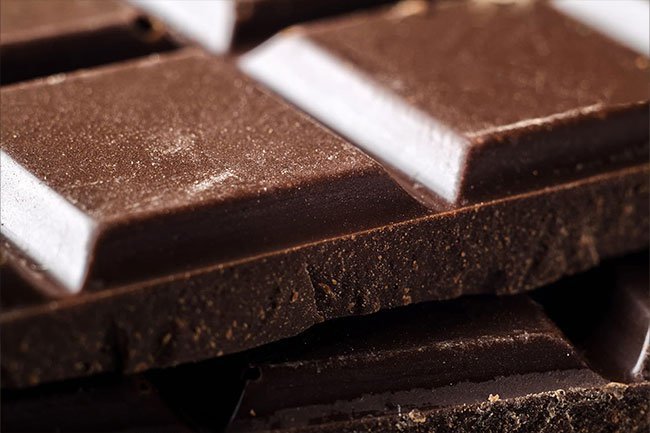
Many people blame chocolate for triggering their migraines. But studies haven't found a clear link. It might just be guilt by association. Maybe you ate a few squares to satisfy a craving for sweets, an early migraine symptom. In fact, eating chocolate during an attack might bring some relief. It's a mood booster and has magnesium, riboflavin, and tryptophan, all known migraine fighters.
Get Ready to Romp
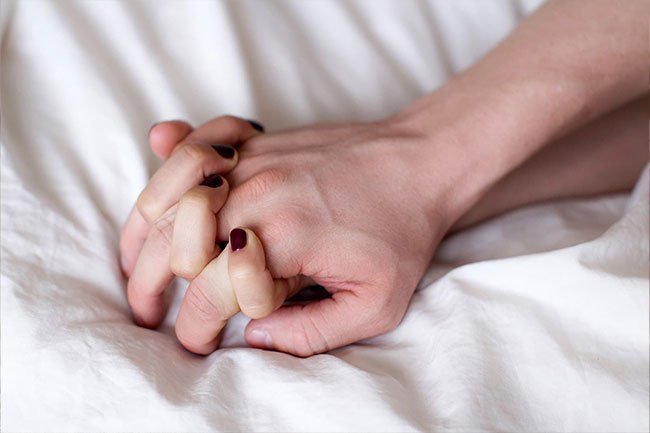
Sex may be the last thing on your mind when your head is throbbing. But you might want to rethink that. One survey of people with migraines found that while a third reported that their head pain got worse during sex, 60% said it got better -- and most of them had complete relief. Warning: Some people get "sex headaches" after orgasm. Being prone to migraines puts you at greater risk for them.
How Sweet It Is … or Isn't

Either low blood sugar or dehydration can lead to a headache. Some people find that sodas help -- especially cola, which has headache-fighting caffeine. Others turn to hydrating sports drinks. But don't overdo it. Too much sugar could make you even more dehydrated. Sugar even triggers migraines for some people. Diet sodas aren't the answer, either. Artificial sweeteners may also give you headaches.
Some Like It Hot
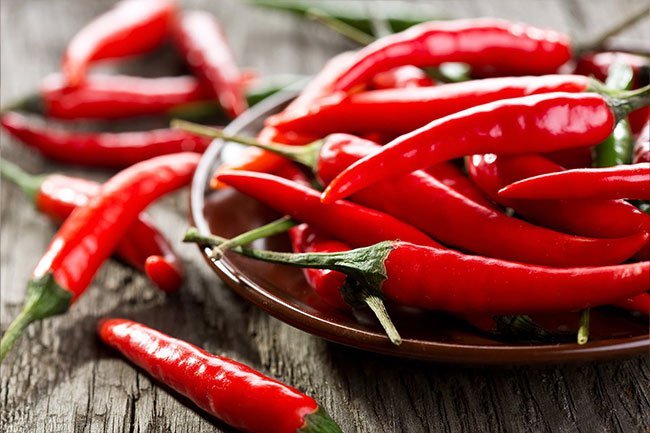
Capsaicin, a key ingredient in chili peppers, is a known pain reliever. And there's some evidence that a nasal spray containing capsaicin could ease migraines and other bad headaches. This might explain why some people with migraines swear by spicy soups. On the other hand, some people think spicy foods actually trigger their migraines.
Exercise Your Options
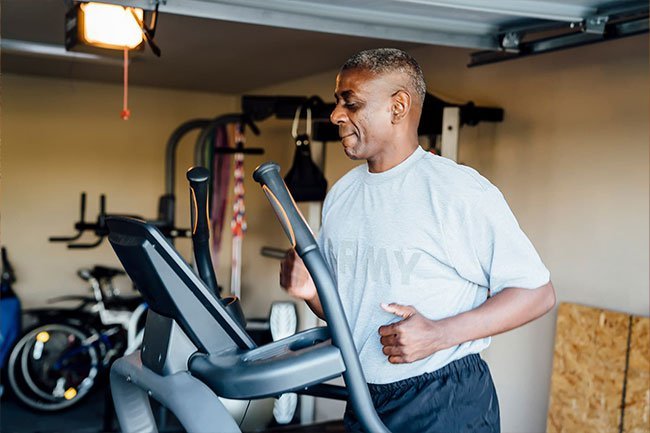
Regular workouts lead to fewer, less painful headaches. Exercise reduces stress, improves sleep, and releases endorphins, your body's natural pain relievers. But for some people, exercise can trigger a migraine. Experts think that's because it temporarily boosts blood pressure. To exercise without pain, stay hydrated, do a thorough warmup, and don't work out on an empty stomach.
Make Mine Decaf … or Not

Caffeine is the ultimate yes-no migraine trigger. It causes attacks for some, stops them for others. You might think coffee causes your headaches, but your thirst for a cuppa could be due to early migraine signs, like fatigue. While kicking the habit may help in the long run (expect a migraine when you first stop), caffeine often makes medications work better. If you indulge, keep your intake moderate and consistent.
Do Over-the-Counter Meds Work?
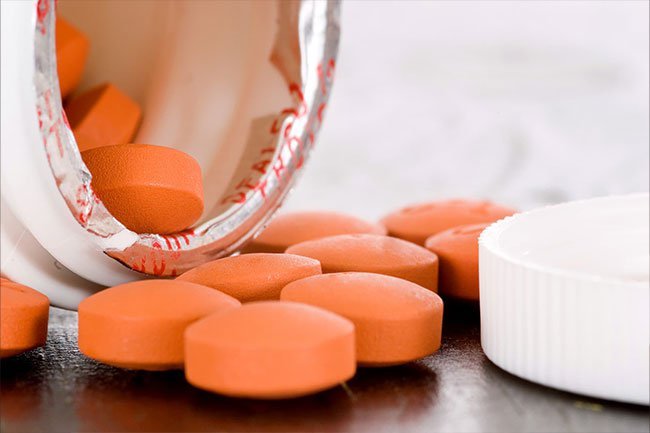
Drugstore pain medications like aspirin, acetaminophen, and ibuprofen do help some folks with migraine pain. Don't use them daily or almost daily, though. That can lead to rebound headaches. And they often don't work for the worst migraine symptoms. Bottom line: They might be a good addition to your treatment plan but can't take the place of a visit to your doctor.
Supplements Can Help or Hurt
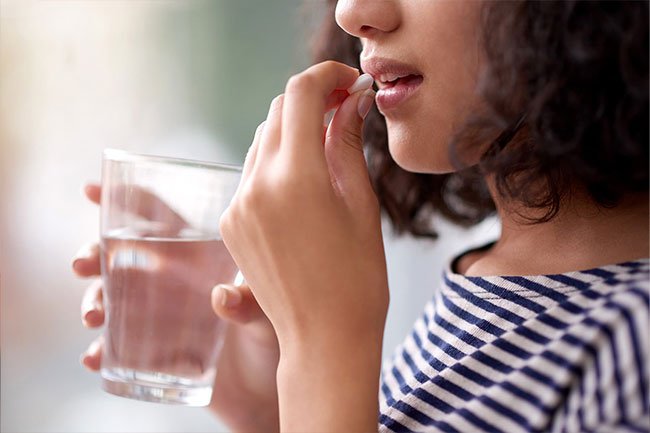
Magnesium, riboflavin, CoQ10, folate, and the herbs butterbur and feverfew help some people prevent or manage migraines. Other supplements, like ginkgo biloba, ginseng, and ephedra, might make headaches worse. Some could interact badly with your migraine medication. They include:
- Ginkgo biloba
- Ginseng
- Echinacea
- St. John's wort
- Valerian
- Large doses of garlic
Always get your doctor's OK before trying a supplement.
Screaming for Ice Cream
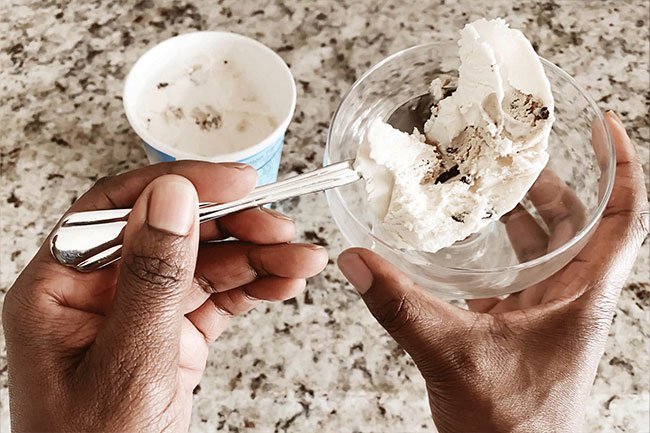
One home remedy involves scarfing ice cream to cause "brain freeze," which is supposed to stop head pain in its tracks. A small study seemed to support this tasty technique. After they brought on brain freeze by drinking ice-cold water, people had changes in blood flow to their brains similar to those thought to occur when migraines subside. For some people, though, very cold foods and drinks trigger migraines.
A Massage? Maybe

Massage helps relieve stress, a major trigger for migraines. We need more research into whether it can prevent migraines or soothe pain. But it's a popular alternative treatment for migraines. However, up to 80% of people with migraines find touch painful during an attack. If this is you, wait until your headache's gone before booking a massage appointment.
Tracking Your Triggers
Keeping track of your migraine triggers isn't an exact science. There's often a lot of lag time between trigger and headache. It's easy to be mistaken. At any rate, avoiding triggers may not be the most effective technique. Some research has found that facing triggers and finding ways to cope with them, often with a doctor's help, can make you less sensitive to them.
Migraines and Headaches: Remedies That Can Either Help or Hurt a Migraine
IMAGES PROVIDED BY:
- Dr_Microbe / Getty Images
- damircudic / Getty Images
- kali9 / Getty Images
- Brian T. Evans / Getty Images
- Staff Sgt Eric T. Sheler / U.S. Air Force
- Runeaaslid / Wikipedia
- (Clockwise from top left) Lars Neumann / Getty Images, Dr P. Marazzi / Science Source, Dr_Microbe / Getty Images, yourstockbank / Getty Images
- miflippo / Getty Images
- Tassii / Getty Images
- PHANIE / Science Source
- PHANIE / GARO / Medical Images
- Jim Dowdalls / Science Source
REFERENCES:
- Journal of Clinical Neuroscience: "Thin-film optical notch filter spectacle coatings for the treatment of migraine and photophobia."
- The Migraine Trust: "Migraine attack triggers."
- University of Utah Health: "Through Rose-Colored Lenses: Easing Migraine Pain."
- Nutrients: "To Eat or Not to eat: A Review of the Relationship between Chocolate and Migraines," "Migraine and Diet," "The Ambiguous Role of Caffeine in Migraine Headache: From Trigger to Treatment."
- Cephalalgia: "The impact of sexual activity on idiopathic headaches: an observational study," "Prevalence and characteristics of headache attributed to ingestion or inhalation of a cold stimulus (HICS): A cross-sectional study."
- Mayo Clinic: "Sex headaches," "MAOIs and diet: Is it necessary to restrict tyramine?" "Migraines: Simple steps to head off the pain."
- Migraine Australia: "Our Top Migraine Hacks."
- Headache: "Ice cream headache -- site, duration, and relationship to migraine."
- The BMJ: "Dietary alteration of n-3 and n-6 fatty acids for headache reduction in adults with migraine: randomized controlled trial."
- National Institutes of Health: "Consuming a diet with more fish fats, less vegetable oils can reduce migraine headaches."
- Cleveland Clinic: "These 10 Migraine Myths Are Hogwash."
- American Migraine Foundation: "Migraine and Diet," "Headache Hygiene -- What is It?" "Top 10 Migraine Myths," "Magnesium for Migraine Prevention," "Photophobia (Light Sensitivity) and Migraine," "Biofeedback and Relaxation Training for Headaches," "Migraine Triggers," "Over-the-Counter Migraine Medication," "Allodynia: When Touch Hurts But Shouldn't," "Effects of Exercise on Headaches and Migraine."
- BMC Complementary Medicine and Therapies: "A patient perspective of complementary and integrative medicine (CIM) for migraine treatment: a social media survey."
- MigraineDisease.org: "Prevent that Next Migraine Attack by Blocking Blue Light."
- Select Heath: "Natural Remedies to Get Rid of a Headache."
- National Headache Foundation: "Light and Headache Disorders: Understanding Light Triggers and Photophobia," "Headaches and Dehydration," "Diet for People With Headache Disorders."
- Apex Medical Center: "Can Sugar Cause Headaches?"
- Neurology: "Intranasal Capsaicin (IC) Rapidly Relieves the Pain of Migraine and Other Severe Headaches."
- Stanford Children's Health: "Potentially Harmful Remedies for Migraine."
- University Health News: "Self-Inflicted Brain Freeze May Offer Migraine Relief."
- The Federation of American Societies for Experimental Biology Journal: "Cerebral Vascular Blood Flow Changes During 'Brain Freeze.'"
- Mount Sinai: "Cayenne."
- American Academy of Pediatrics: "Migraine Headaches in Children & Teens: Parent FAQs."
